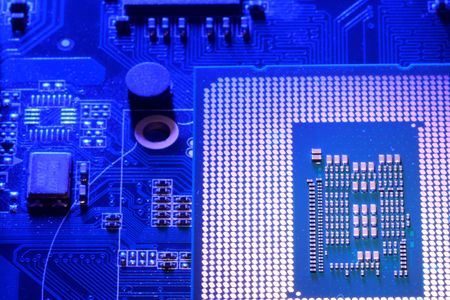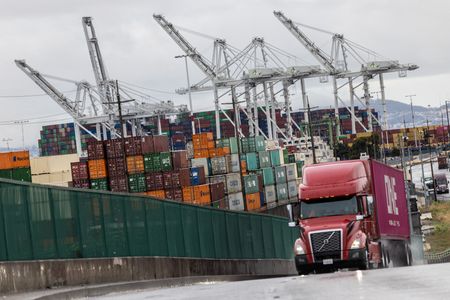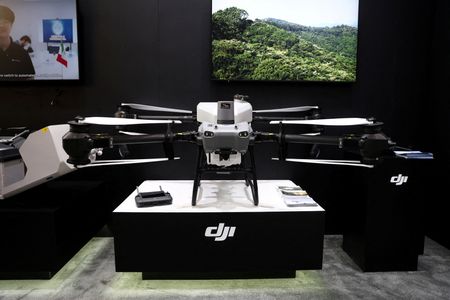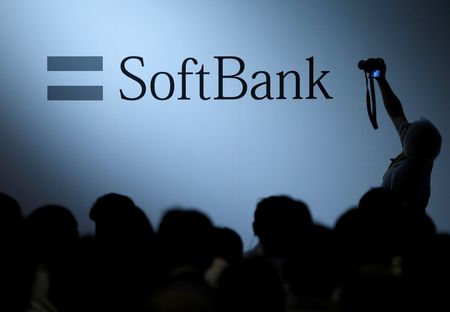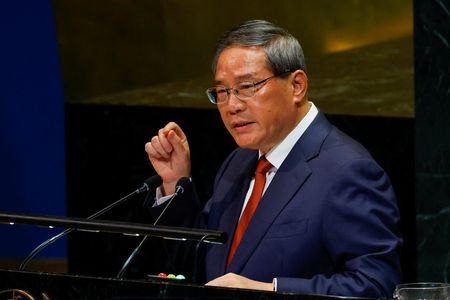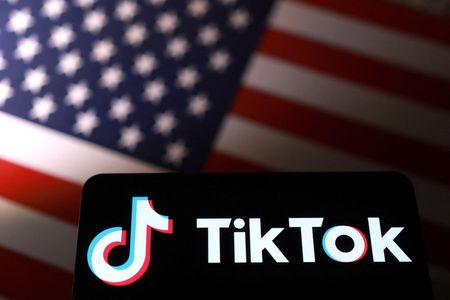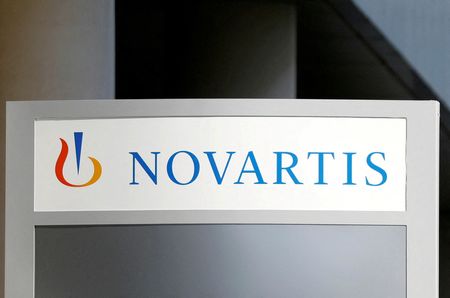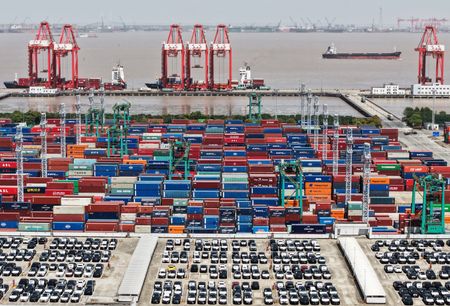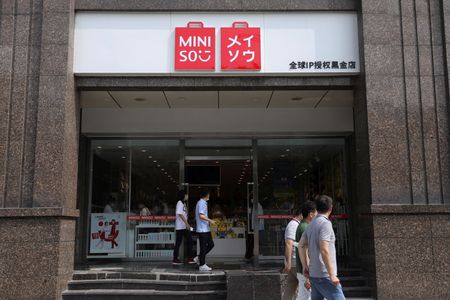By Alexandra Alper
WASHINGTON (Reuters) -The Trump administration is considering imposing tariffs on foreign electronic devices based on the number of chips in each device, according to three people familiar with the matter, as it seeks to drive companies to shift their manufacturing to the United States.
According to the plan, which has not previously been reported and could change, the Commerce Department would impose a tariff on the imported product that is equal to a percentage of the estimated value of the chip content of the item.
If implemented, the plan would show the Trump administration is seeking to hit a wide range of consumer products, from toothbrushes to laptops, potentially driving up inflation as it seeks to ramp up U.S. manufacturing.
The Commerce Department did not immediately respond to requests for comment.
“America cannot be reliant on foreign imports for the semiconductor products that are essential for our national and economic security,” White House spokesperson Kush Desai said, when asked about the details. “The Trump administration is implementing a nuanced, multi-faceted approach to reshoring critical manufacturing back to the United States with tariffs, tax cuts, deregulation, and energy abundance.”
U.S. President Donald Trump has deployed an array of tariffs aimed at bolstering American manufacturing, announcing on Thursday sweeping new import tariffs, including 100% duties on branded drugs and 25% levies on heavy-duty trucks, triggering fresh trade uncertainty after a period of comparative calm.
In April, the Trump administration announced probes into imports of pharmaceuticals and semiconductors as part of a bid to impose tariffs on them, arguing that extensive reliance on their foreign production poses a national security threat.
But questions have swirled about the universe of products containing chips that would be hit by the tariffs, the tariff rates themselves, and whether any countries, products, or companies would be exempt.
Trump said in August the United States would impose a tariff of about 100% on imports of semiconductors but exempted companies that are manufacturing in the U.S. or have committed to do so.
The biggest chipmakers outside the U.S. include Taiwan Semiconductor Manufacturing Co and South Korea’s Samsung Electronics.
One of the sources consulted by Reuters said the Commerce Department was considering a 25% tariff rate for chip-related content in imported devices, with 15% rates for electronics from Japan and the European Union, stressing the figures were preliminary.
The sources added that the Commerce Department has also eyed a dollar-for-dollar exemption based on investment in U.S.-based manufacturing only if a company moves half its production to the U.S., but it was unclear how it would work or if it would move forward. The investment exemption was previously reported by the Wall Street Journal.
The Commerce Department had previously proposed to exempt chipmaking tools from the tariffs, three sources said, to avoid raising the cost of producing semiconductors in the United States and undermining Trump’s reshoring goals.
But the people said the White House was displeased by the carve-out, citing Trump’s general distaste for exemptions.
(Reporting by Alexandra Alper; additional reporting by Karen Freifeld; editing by Chris Sanders and Richard Chang)

